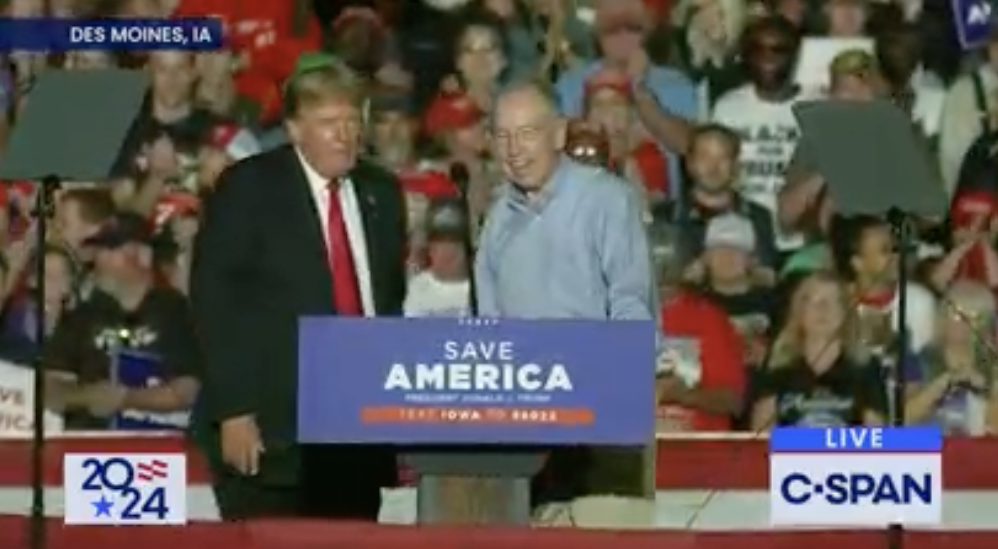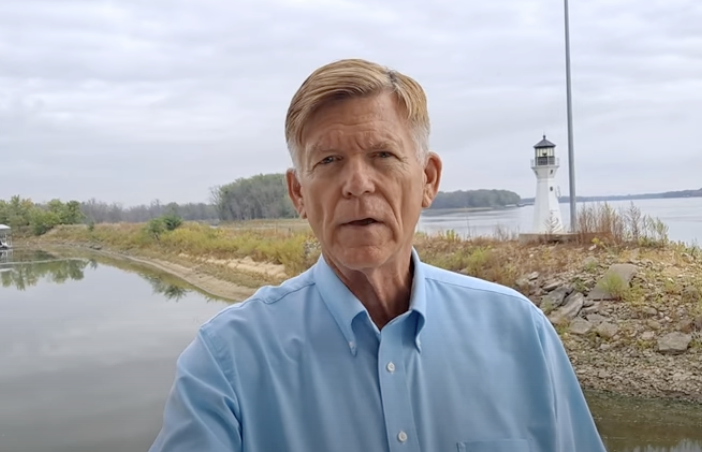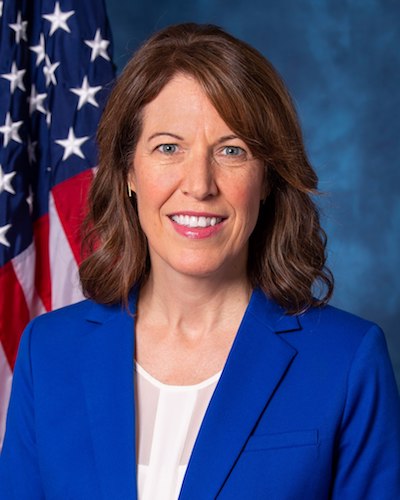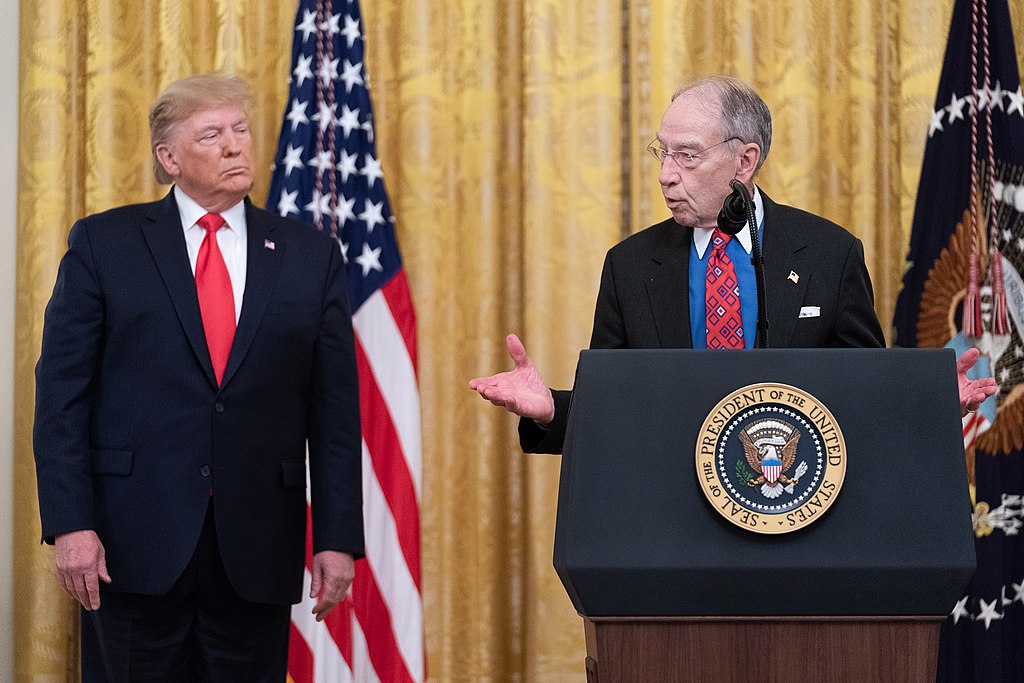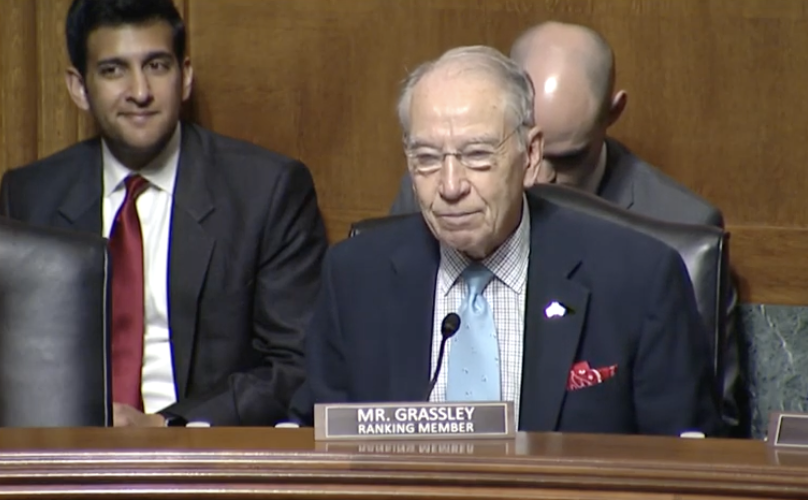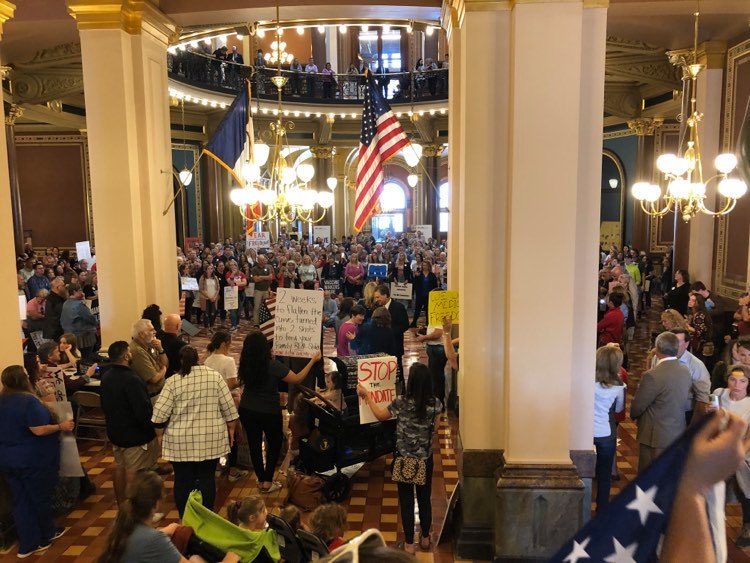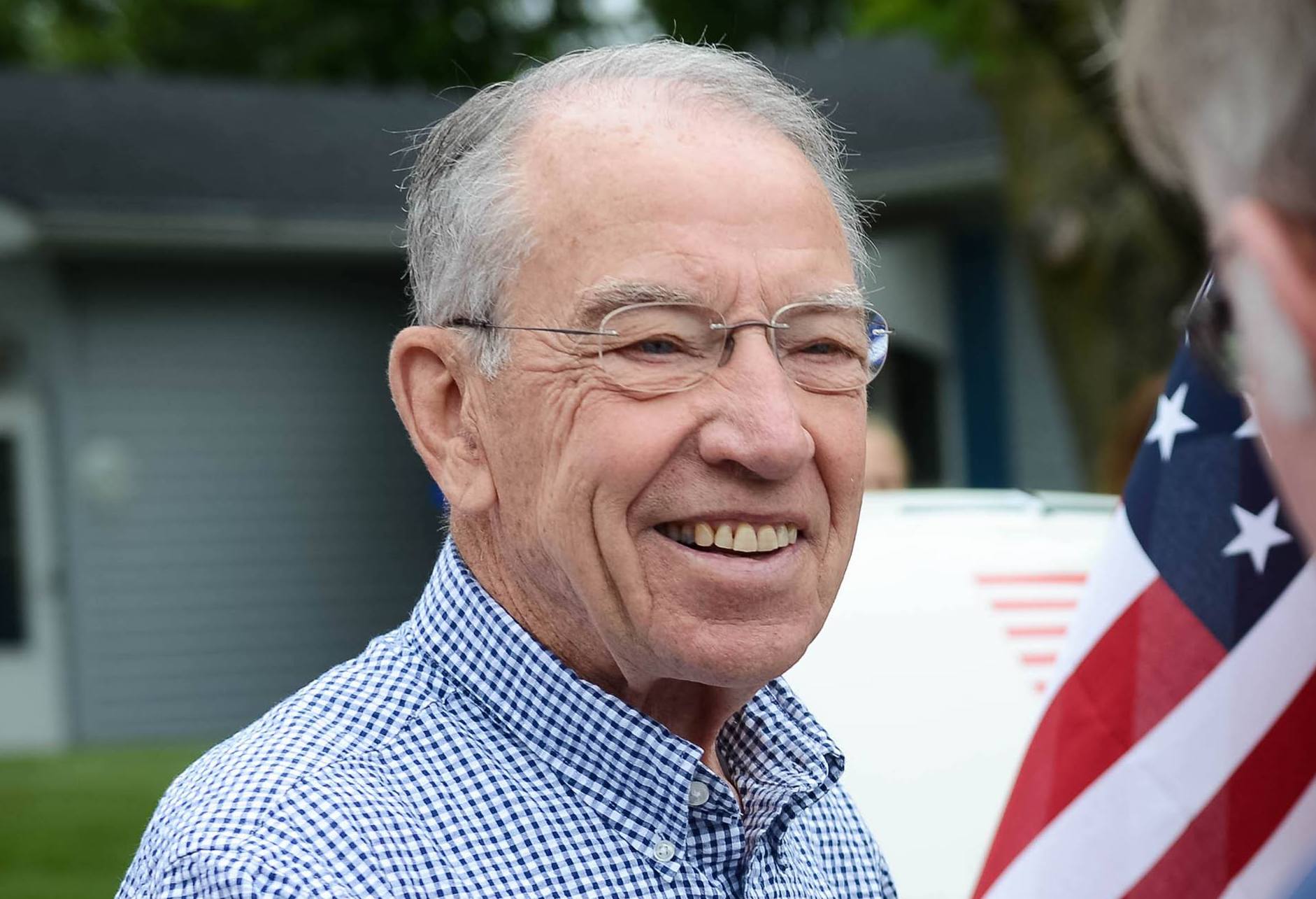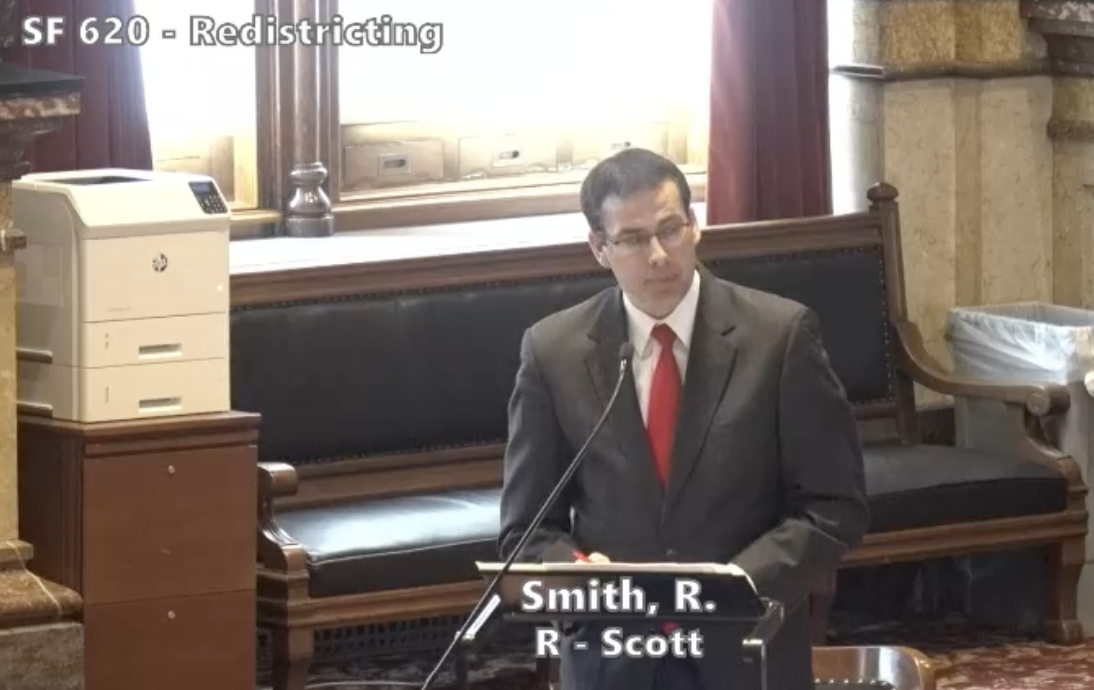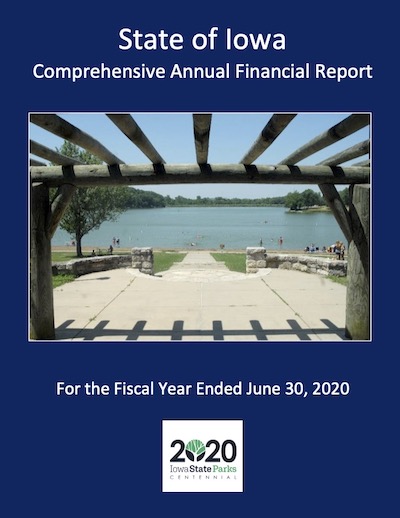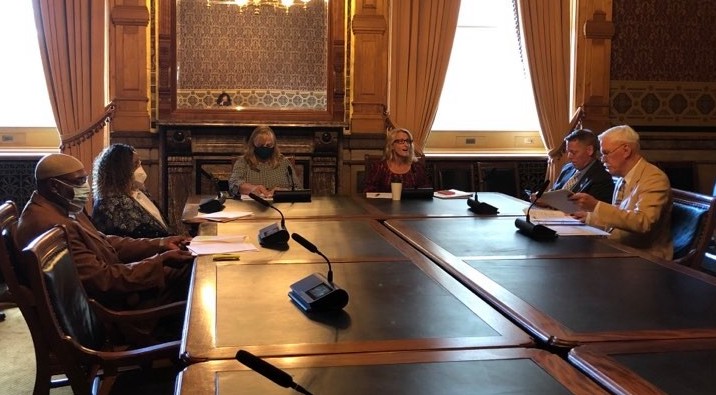If you’ve walked near the woods or on a shady trail in the late summer or fall, you’ve probably passed by today’s featured plant, but you may not have noticed it. Jumpseed is native to most of the U.S. east of the Rocky Mountains. This member of the buckwheat family thrives in shade or partial shade, especially near woodlands or thickets. It may “be more common in woodlands with a history of disturbance.” Its small flowers don’t attract much attention.
Many plants are known by variety of common names. Oddly, jumpseed seems to have no other common names, but several scientific names refer to the same plant. Illinois Wildflowers explains, “Jumpseed (Antenoron virginianum) has a history of taxonomic instability – scientific synonyms include Polygonum virginianum, Persicaria virginiana, and Tovara virginiana.”
I took all of the pictures enclosed below near my Windsor Heights home in September or October.
Continue Reading...








